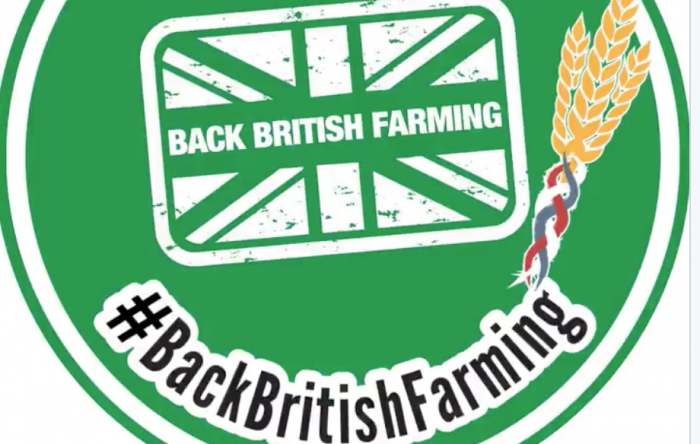The NFU is urging politicians to put their words into actions and give Parliament a say on how future trade deals impact British food and farming.
To mark Back British Farming day today, September 9, the NFU has published a new report, British Farming: Setting the Standard, that showcases the high standards British farmers produce to, and how they set themselves apart from the rest of the world.
For example, it highlights how sow stalls have been banned in the UK since 1999, but in some other countries, including across the EU, they are only partially banned, while some countries have no restriction at all on their use.
The report also highlights the UK’s tight controls on the use of antibiotics, including phasing out routine preventative use of antibiotics, in comparison to other countries, which work to WHO definitions, which are not as stringent.
With the Trade Bill being debated in the House of Lords this week, the NFU is calling for peers to amend the Bill so that Parliament will be given the final say on whether to ratify new trade agreements. Currently, there is no requirement for Parliament to debate trade deals before they are signed into law and safeguards to allow MPs to reject such trade deals are limited.
The NFU also wants Parliament to be provided with independent advice about the impact every trade deal will have on our food and farming standards before it decides whether to accept or reject those trade deals.
An amendment to the Agriculture Bill, put forward by Lord Curry in the House of Lords, would give this duty to the new Trade and Agriculture Commission, which was set up by the government in July. The Amendment is likely to be debated by the House of Lords next week and the NFU is urging Peers to vote in its favour.
The NFU’s calls follow the recent publication of a the first part of Henry Dimbleby’s National Food Strategy, which called for parliament to be more powers to scrutinise trade deals.
Scrutiny
 NFU President Minette Batters said: “We are at a pivotal time for the future of farming and the food on our plates. Nothing will determine this more than how the government shapes trade deals with countries around the world.
NFU President Minette Batters said: “We are at a pivotal time for the future of farming and the food on our plates. Nothing will determine this more than how the government shapes trade deals with countries around the world.
“There is no doubt that the countries we are currently negotiating with are demanding access to our prized market for their agriculture products and, right now, a trade agreement could be signed with little parliamentary scrutiny. This could result in a massive increase in the amount of food being imported that is produced in ways that would be illegal in this country.
“Politicians have time and time again stated that they will not allow this to happen. There is now a clear solution on the table that will allow Parliament to be kept fully informed of the impacts any trade deal will have on the food we all consume. Time is running out. Action has to be taken now or all the warm words will be for nothing.”
Back British Farming Day
Back British Farming day is used to ‘celebrate why the British public have complete trust in British food and the farmers that produce it’ via social media, the wider media an in political circles.
You can find out more and show your support using the social media hashtag #BackBritishfarming here
“Our farm to fork approach to traceability, how we look after our animals and our environment, and how we lead the world in reducing antibiotic usage are all the envy of the world and yet they are in jeopardy if they are undermined by future trade deals,” Mrs Batters said
“I would urge all politicians to use today to think about these values, and what we have to lose. I would ask them to set British farming as the global standard in sustainable, climate-friendly food production, and not undermine it in the pursuit of free trade.”




